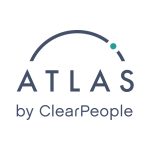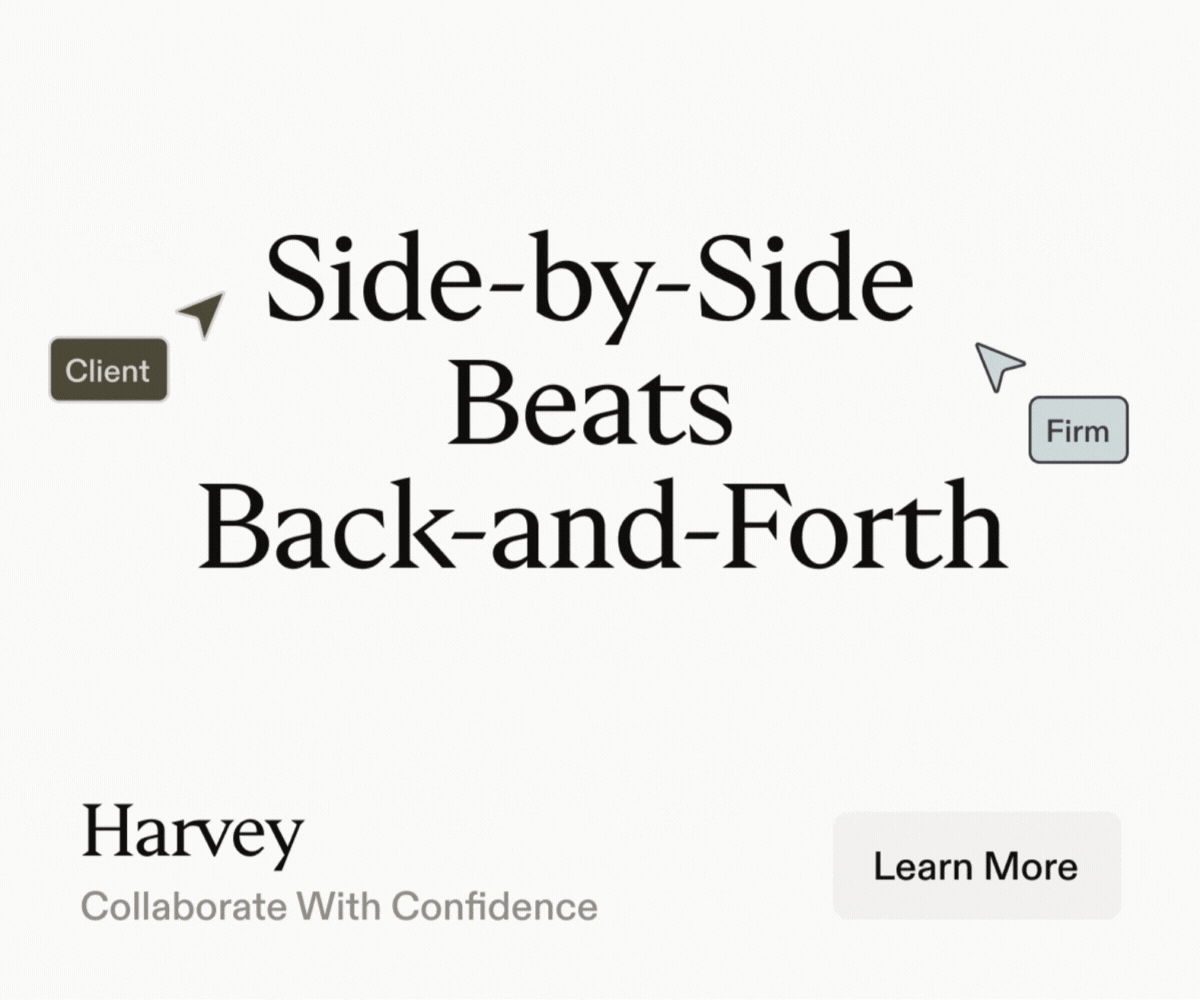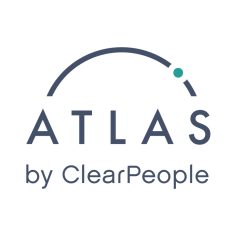Knowledge is the Sweet Spot for AI and Firms Can’t Afford to Ignore It by ClearPeople
Industry experts widely acknowledge that if firms neglect to invest in knowledge management (KM), they face a significant risk of quickly falling behind. This is due to the critical role that knowledge plays in providing value to Generative Artificial Intelligence (Gen AI) applications.
Many Gen AI tools operate on large datasets, often prioritizing speed or automation over accuracy. This blog, however, emphasizes Gen AI that is based on validated, contextual knowledge. In sectors such as legal, finance, healthcare, and professional services, valid and accurate data is essential.
As Gen AI evolves from task automation to enhancing or augmenting human expertise, its effectiveness depends on the firm’s ability to capture, curate, and utilize its knowledge.
Postponing the investment can lead to significant consequences over time:
- Institutional memory walks out the door with every resignation or Senior Partner retirement
- Capturing new knowledge from lateral hires is slow or does not happen
- Knowledge remains fragmented, buried in silos, and inaccessible across teams
- Support costs climb while response times slow
- And most critically, Gen AI can’t deliver valuable insights or reliable automation if it can’t access trusted knowledge
The inability to integrate connected intelligence prevents firms from providing Gen AI-enhanced experiences in both client and employee interactions.
The AI + KM symbiosis
At a recent legal conference, it was emphasized once again that AI and KM are integrally connected. Knowledge Management (KM) teams have evolved beyond managing precedent documents or intranet pages; they now spearhead Gen AI initiatives and strategies, unearth insights and enhance workflows. Indeed, the boundaries between Innovation, KM, and IT are increasingly blurred while collaboration across these functions is increasing.
In similar ways, AI and knowledge management are closely interconnected, with KM providing context, structure, and understanding to AI. In turn, with Gen AI subject matter experts can now expedite knowledge discovery, streamline content curation, and tailor information delivery, thereby enhancing the practice of knowledge management. This convergence marks a significant paradigm shift, unlocking new opportunities for knowledge assets to drive productivity, innovation, and competitive advantage.
While Gen AI is reshaping the modern enterprise, the most profound transformation occurs where Gen AI intersects with organizational knowledge. Authoritative, in other words curated, contextual, and connected) knowledge is where Gen AI generates the most substantial and sustained business value.
The stakes: competitive advantage or obsolescence
The effective management of knowledge creation, transfer, and utilization is increasingly vital for the survival and success of firms. According to Deloitte, while knowledge management (KM) ranked as one of the top three issues influencing business success, only 9% of companies felt ready to address it. This disconnect is now a risk, especially with AI adoption accelerating in knowledge-intensive sectors like legal, finance, and professional services.
When done right, AI-powered KM yields exponential returns:
- Increased innovation through connected insights and pattern recognition
- Operational efficiency by eliminating duplication and surfacing best practices
- Employee empowerment via self-service knowledge and intelligent search
- Resilience and agility through rapid knowledge activation in times of change
Accenture echoes this urgency: only 12% of firms have reached an AI maturity level capable of delivering enterprise transformation. The gap lies not in ambition but in readiness—specifically, knowledge readiness.
Knowledge is AI’s sweet spot
As highlighted in news headlines of lawyers citing fabricated cases, Gen AI relies heavily on high-quality, structured, contextual knowledge to operate effectively. Whether we’re talking about large language models, graph-based systems, or enterprise automation tools, the quality and accessibility of knowledge directly determines Gen AI’s performance, reliability, and impact.
Gen AI needs authoritative content to be useful
Large Language Models (LLMs) are only as useful as the content they are exposed to. Their capabilities such as summarizing a document, drafting a proposal, or recommending next steps, stem from the quality, completeness, and contextual relevance of the content they process during a prompt-response interaction.
When LLMs operate without access to validated, structured, and contextual data, they don’t just produce incomplete outputs, they can fabricate facts, misinterpret queries, and present plausible sounding but entirely incorrect information. This phenomenon, widely referred to as “AI hallucination”, is the technical consequence of information gaps.
In other words, if the model doesn’t know, it will guess, drawing on patterns from its training corpus. That might be acceptable for casual use. But in high-stakes sectors like law, finance, or healthcare, these gaps are unacceptable risks.
Platforms such as Atlas, minimize the risk of hallucinations and delivers highly precise outcomes by orchestrating several operational parameters, including ensuring LLMs operate only on curated, contextual, and validated knowledge. It closes information gaps through enriched tagging and structured content collections.
Another example of orchestration within Atlas, is the built-in adjustable controls for strict grounding to enforce compliance and maintain confidence in Gen AI-generated outputs.
Context is everything
Knowledge is only useful when it’s contextual and Gen AI is only as smart as the context it can understand and apply.
There is no doubt that metadata is the holy grail of precise Gen AI responses. Metadata gives meaning to data and plays a crucial role in enhancing the performance, accuracy, and effectiveness of Gen AI systems. Gartner emphasizes that robust metadata management is crucial for both Gen AI readiness and the success of Gen AI initiatives.
The Atlas platform enhances (as a unique capability) the effectiveness of LLMs by ingesting and incorporating the contextual metadata from relevant subsets of enterprise knowledge, which reduces, or eliminates, inaccuracies and improves alignment with reliable sources and end-user trust.
Explicit and (some) tacit knowledge is capturable
Atlas captures a wide range of knowledge assets, not only in relation to documents. This can include FAQs, External Insights, meeting notes, chats, responses to questions, decisions, and more. This informal information is where much of an organization’s value resides. Through tagging, classification, and the surfacing of this knowledge, it becomes a re-usable resource for more intelligent and efficient workflows.
Knowledge infrastructure enables AI governance
With regulations like the EU AI Act and ISO/IEC 42001 now in effect, AI governance is no longer optional. Firms must demonstrate data lineage, source traceability, and model accountability. A robust platform like Atlas, with its AI orchestration capabilities, provides this control layer and transparency for AI compliance.
Gen AI’s true power lies in trusted knowledge
Gen AI has enormous potential in the legal sector but only when paired with high-quality, contextual knowledge. While GenAI excels at improving speed and automating tasks, it doesn’t inherently enhance intelligence. In fact, without a trusted foundation of validated, well-structured content, it risks producing outputs that are inaccurate or misleading.
However, when grounded in authoritative legal knowledge, GenAI becomes far more than a productivity tool. It evolves into a reasoning knowledge assistant that can support nuanced decision-making, accelerate complex workflows, and enhance client service.
The firms that will gain the greatest competitive advantage are not those that simply deploy AI tools, but those that treat knowledge as a strategic asset.
Want to ensure your AI initiatives are grounded in trusted legal knowledge?
- Download our e-book “Best Practices for Ensuring Data Quality & Relevancy for Gen AI”
Key steps to ensure data is accurate, structured, and secure for AI deployment - Book a Demo of Atlas
See how Atlas helps law firms’ structure, surface, and govern knowledge to power accurate, contextual GenAI use cases from Copilot to custom GPT deployments.



